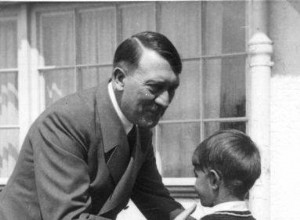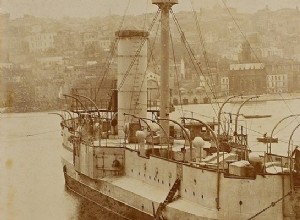Adolf Hitler had many secrets. Could one of them be ... the illegitimate son? And if so, what would he tell today about his fathers private life, his tastes, fears and dark past? In the book The Confession of Hitlers Son, Christopher Macht reveals the secret ... So let me ask you this for the f




